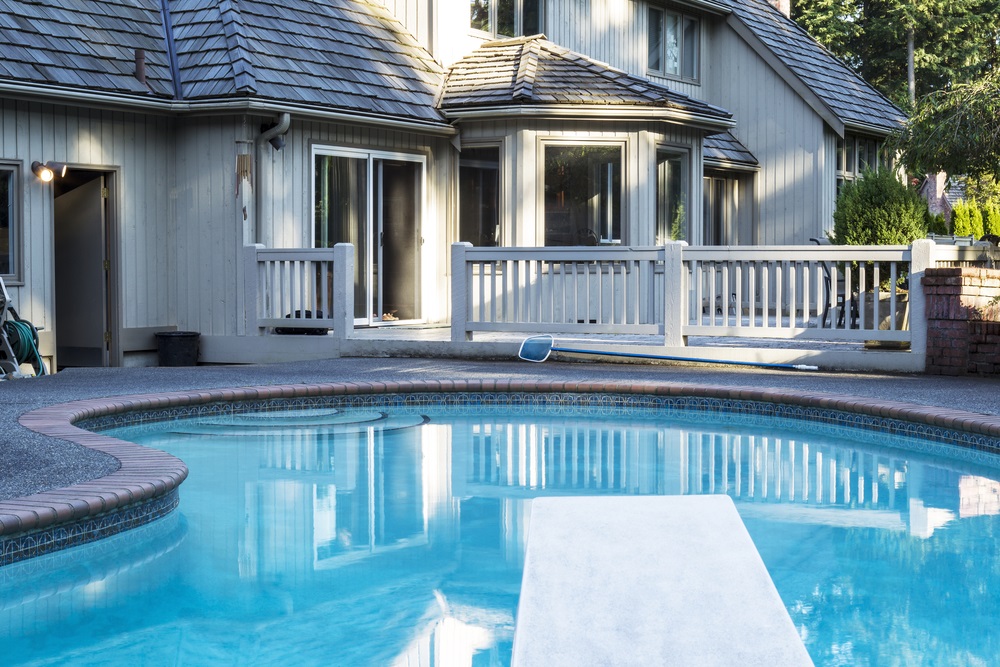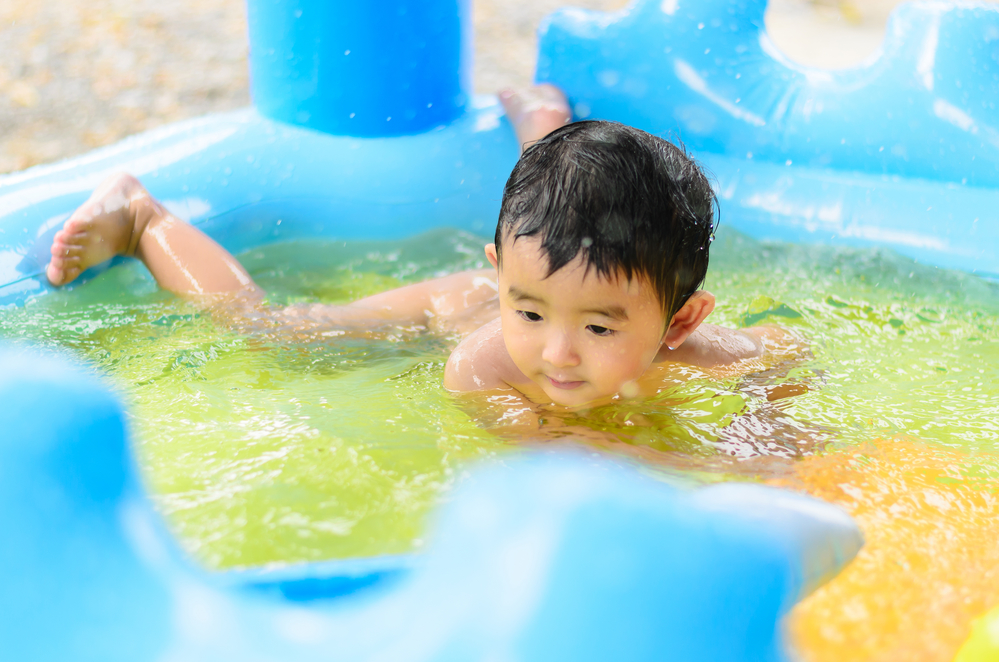Alternative Pool Water Sanitizers Allow Pool Owners To Use Fewer Harsh Chemicals In The Pool
You need to keep your swimming pool clean and free of bacteria. No one can deny the need for that. However, many health conscious pool owners and parents of young children want to find a way to not only keep the pool water clean, but they want to find a way to do that using fewer chemicals.
A dirty pool and dirty pool water can lead to ailments and skin and eye problems. What can a pool owner do to keep the pool clean while paying attention to the potential of health issues because of the chemicals they are swimming in in the pool water.
There are alternatives to eliminate harsh chemicals and keep the pool water healthy for swimming.
How To Use Fewer Chemicals To Clean Your Pool
- Enzymes. These natural substances won’t harm you or your bathing suit, but will clean bacteria from the pool. Enzymes in the pool make the water less “sticky” and rid the water of agents that make the water foam and discolor it. Enzymes also make it easier for your pool contractor to manage water chemistry. Enzymes attack the problem at the root and work on debris that makes the plumbing system work inefficiently.
- Oxidation. Oxygen can be used to clean the pool water and an ozone generator can take on that task without harming the environment. An ozone generator is situated outside the pool and runs on electricity or UV light to produce the ozone that can clean the pool water. How does oxidation work? Ozone is produced in the pool water by converting oxygen, O2, into Ozone O3. Ozone is strong oxidizer and a disinfectant and kills bacteria in the pool water and oxidizes organic contaminates. Ozone is so safe it is used in home drinking water purification systems.
- UV Treatment. These systems have been used for decades in fish aquariums and industrial water processes. Recent advances in technology make this sanitizer cost effective and easily available for swimming pool owners. How it works: Water from the pool is circulated though a chamber irradiated with UV light. The UV wavelength effectively kills bacteria that passes through the chamber. To amp up the effectiveness, pair it with an ozone generating system to add the required oxidation properties missing in the UV application. This combination is the most promising sanitation combination for your pool.
- Salt. This is a natural, environmentally-friendly option. It certainly does not leave you with faded swimwear or green hair and red eyes. A “saltwater” pool is a chlorinated pool that takes salt, NaCl and splits the molecule using the process of electrolysis to make chlorine. Switching to a salt system to sanitize your pool removes any worry having to purchase your chlorine in tablet or liquid form as do others. Your pool will make its own. A salt system rids the water of algae and leads to better water chemistry. The newest automated salt chlorine generators eliminate the task of adding chlorine to your pool by adding it in small continuing quantities as the pool runs.
- Ions. An ionic pool cleaner sounds high tech, but works simply. How it works: During the ionization, copper or silver or both are released into the pool water; these metals are toxic to bacteria and algae and curb their growth. There are two types of ionic systems. One uses electrolysis to release copper and/or silver ions into the pool water the other is an efficient “erosion” systemsr. With an erosion type system, all you do is put “mineral cartridges” into a canister device that allows the pools water to circulate through the minerals. Silver and copper are released from the cartridges and the water is sanitized.
Talk with your swimming pool service contractor and discuss your options for a virtually chemical-free or chlorine-free pool cleaning option.


